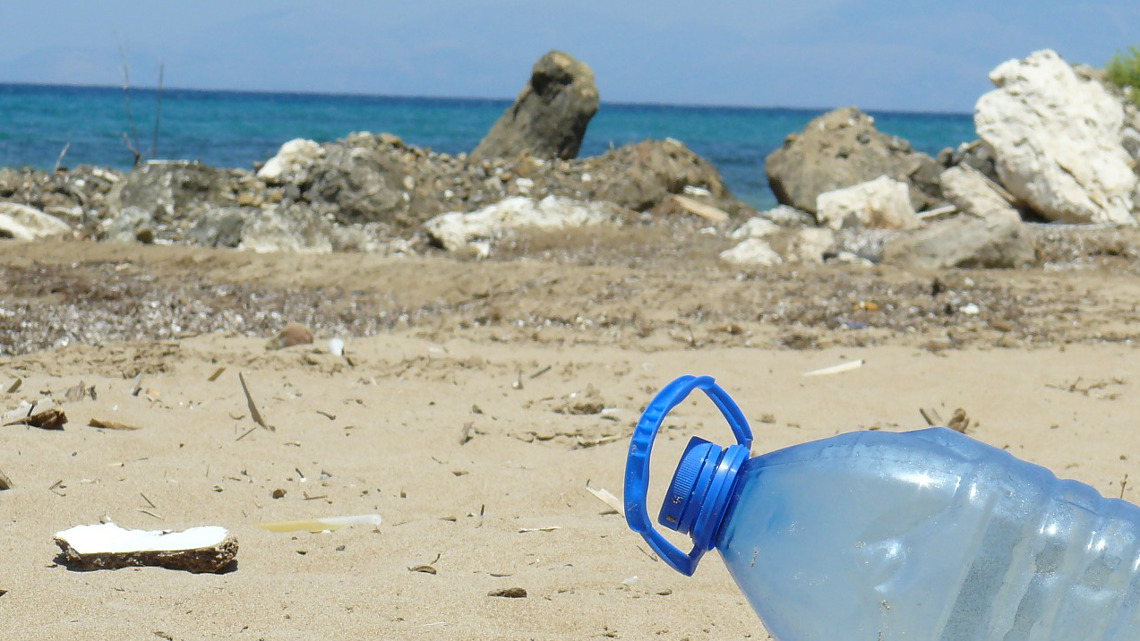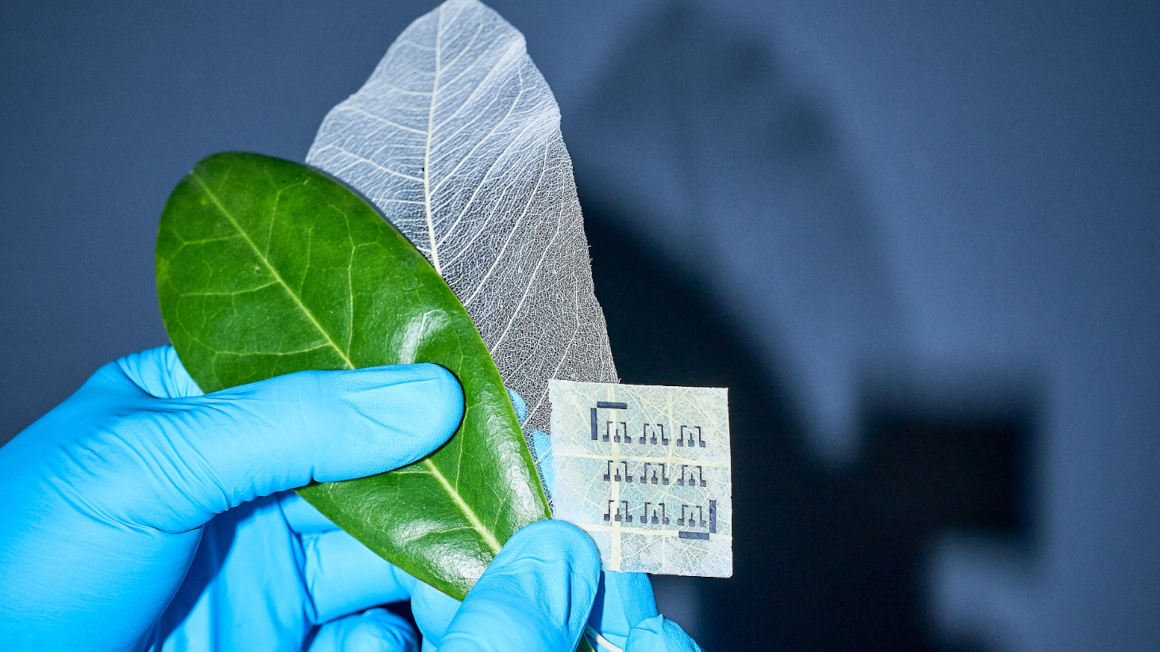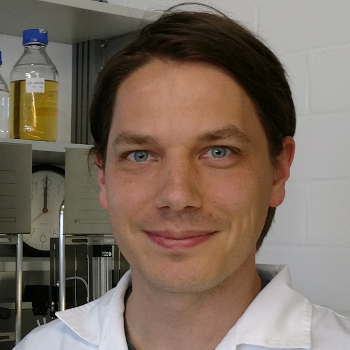Algae versus plastic waste
Using a bacterial enzyme, Marburg researchers have made it possible for diatoms to degrade plastic waste in salt water.

It has been known for several years that bacteria can degrade PET, which is mainly used for plastic bottles: Microorganisms such as Ideonella sakaiensis - discovered in 2016 on a partially decayed PET bottle in Japan - release an enzyme called PETase. This enzyme is able to break down the chain molecules of the plastic into its components. "This is of particular interest when it comes to the degradation of microparticles, for example microplastics," explains Daniel Moog, head of the junior research group at the Philipps University in Marburg. However, Ideonella is not well adapted to the salt water of the oceans. "For this reason, the bacterium itself is not suitable for the bioremediation of polluted oceans."
Bacterial enzyme built into algae
Instead, the research group around Moog relies on the marine diatom Phaeodactylum tricornutum. As the team reports in the journal Microbial Cell Factories, they incorporated a tailor-made version of the bacterial gene containing the instructions for the enzyme into the diatom. The scientists then tested whether the enzyme actually degrades PET and a related plastic. For this purpose, they cultivated the algae in vessels containing crushed plastic. The group found that the material had furrows and holes when exposed to the enzyme secreted by the algae. Harmless degradation products are left behind. However, this is still basic research.
Climate-friendly PET recycling
"The diatoms producing PETase could contribute to a climate-friendly recycling of PET," Moog believes. He envisages delimited sewage treatment plants in which the modified algae degrades the microplastics of the oceans. "Our laboratory results show that PET can be removed from seawater with this approach." It is now necessary to further optimize the biological plastic degradation system in order to make it efficiently usable for technical implementation.
am/bb/um


